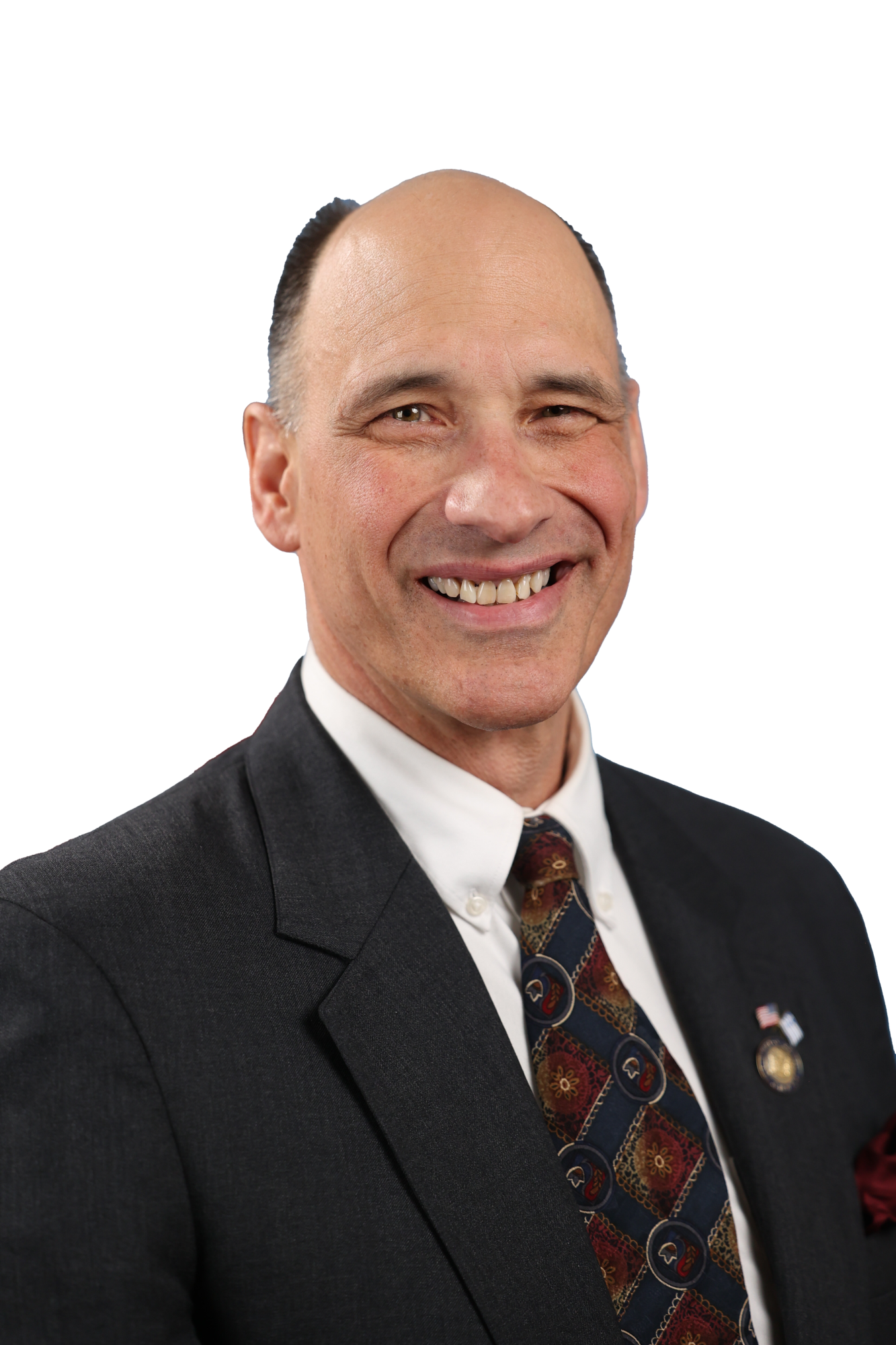Lemondes Comments On Use Of Neonicotinoids By New York Farmers
Assemblyman John Lemondes (R,C,I-Lafayette) is concerned with the pushback against neonicotinoids in New York, particularly as to how it will impact local farmers’ ability to produce. Neonicotinoids are a new class of chemical nicotine, with the name literally meaning “new nicotine-like insecticides”. Similar to nicotine, neonicotinoids compel responses from certain synapses in the brain, but act primarily as a repellant to insects while being harmless to birds and mammals. With the continued lack of support from state government for farmers, Lemondes doesn’t want to see such a critical ingredient in the agricultural process eliminated.
“Neonics are an option that should be available for farmers to use, absolutely,” Lemondes said. “Right now, farmers are able to do efficient work due to this product, and the local ecology is rarely harmed as a result. I’m concerned that removing this option for farmers would result in dramatic changes in consumer prices and the agricultural community in general.”
But Lemondes is not only speaking from personal experience when it comes to his concern over banning neonics. The New York Farm Bureau and its representatives are just as concerned with how this will impact the local agriculture community.
“Neonicotinoid pesticides remain a critical tool for farmers as a seed coating, part of the integrated pest management toolbox,” said Rick Zimmerman, Executive Director for
Northeast Agribusiness and Feed Alliance. “All pollinator threats, including pesticides, can be addressed through best management practices. We can solve the neonic challenge to pollinators without eliminating this critically-important class of pesticides.”
"Neonicotinoids were developed to be much safer pesticides for the user as well as for the environment. An alternative would be to return to toxic pesticides that come with increased risks. Plus, without the availability of these treated seeds, farms would be forced to use less climate-friendly tillage practices that turn over the soil to help fight off harmful bugs,” said Mark James, New York Farm Bureau Field Advisor. “New York state has made great inroads using best management practices to improve pollinator health through its nationally-recognized Pollinator Management Plan as well as the Department of Environmental Conservation's stringent pesticide review process. These make for good public policies that are working. Let's not take a step backward with the proposed ban.”
“I am not of the mind to be limiting our farmers when they face so many restrictions already. If there are issues with the compound, the solution cannot be to remove it and leave our producers behind. There will be more to say at the upcoming public hearing in Albany that will examine the impact of neonics on Monday, September 20, at 10:45 a.m.,” Lemondes concluded.
